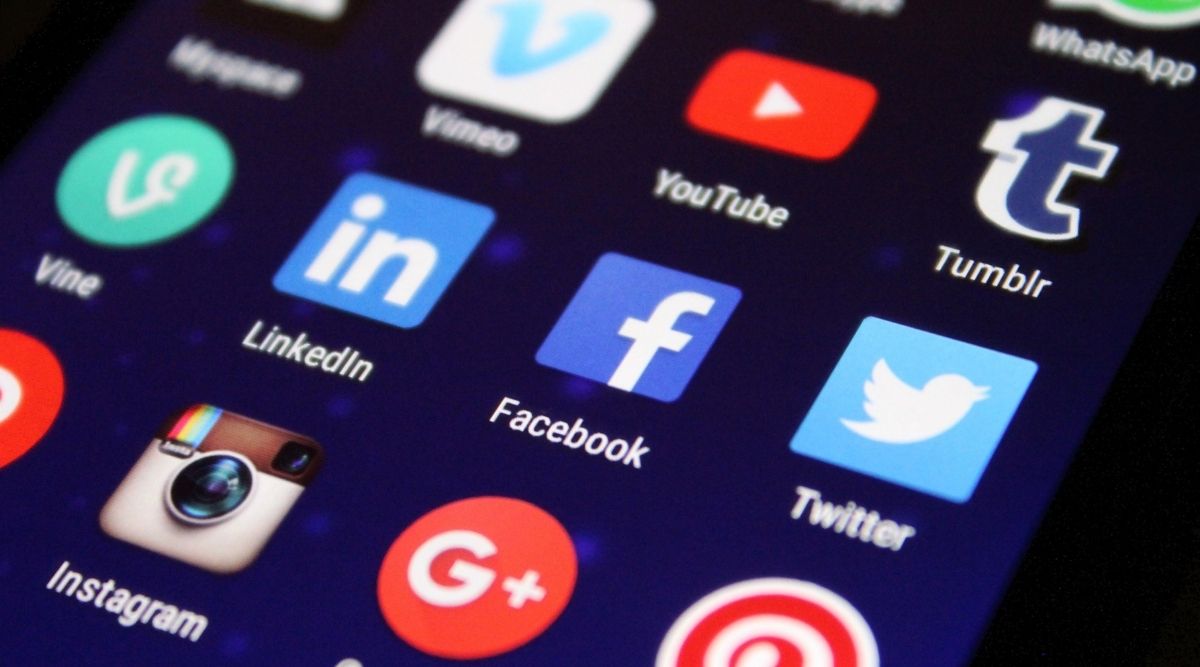 Each tech company has reacted to the crisis in their own way. Picture for illustrative purpose. (Image credit: Pixabay)
Each tech company has reacted to the crisis in their own way. Picture for illustrative purpose. (Image credit: Pixabay) As the Russia-Ukraine conflict continues to rage on, the big tech companies announced some updated measures, with Facebook, Twitter and YouTube choosing to block Russia state affiliated media on their platforms, while others such as Apple have also blocked sales of their products in the country. We take a look at how different tech companies have reacted to the war with the latest policies and actions.
Meta (Facebook)
Today, Meta announced that it will be taking steps to restrict access to Russian state-controlled media in Europe, including RT and Sputnik. Meta said it was taking these steps as it had “received requests from a number of Governments and the EU” regarding Russian state-controlled media.
Both Facebook and Instagram will also begin demoting content from pages by Russian state-controlled media on the platforms. Facebook had already stopped these pages from monetising their content on the platforms.
Nathaniel Gleicher, Meta’s Head of security policy, also tweeted that the company plans to make it harder for users to find these pages and their content across its platforms. It will also label links from these outlets on both Facebook and Instagram, so people who do see them will have context before clicking or sharing. Facebook had also announced a special operations centre to monitor the conflict on February 25. It also said it would allows users in Ukraine to lock their social media profiles for security.
On February 28, it removed a network of 40 fake accounts, groups and pages across Facebook and Instagram. These accounts operated from Russia and Ukraine and targeted people in Ukraine with a pro-Russia information campaign. In a separate incident, the company also spoke about a hacking group that was using Facebook to target public figures in Ukraine.
On March 1, Twitter announced that it would start adding labels to all Russian government-affiliated media websites while taking steps to reduce the circulation of such content on the platform. Yoel Roth, head of Site Integrity at Twitter, made the announcement, while pointing out that the company was seeing more than 45,000 tweets a day sharing links to Russian state-affiliated media outlets. The label which says ‘Stay Informed’, is like a warning of sorts and appear on top of links shared by these state-affliated accounts.
Twitter added that they are doing this to give more visible context to tweets from these handles in light of the situation in Ukraine. Twitter has already stopped ads in both Russia and Ukraine and also launched timeline prompts with context about the crisis.
Today, we’re adding labels to Tweets that share links to Russian state-affiliated media websites and are taking steps to significantly reduce the circulation of this content on Twitter.
We’ll roll out these labels to other state-affiliated media outlets in the coming weeks. pic.twitter.com/57Dycmn8lx
— Yoel Roth (@yoyoel) February 28, 2022
Google, YouTube
While Google Pay has stopped working in Russia, the company’s Google Maps service is no longer showing live traffic data in Ukraine. This has been done taking in account the safety of residents in Ukraine. Further, YouTube also announced that it would begin blocking channels connected to Russian state-backed media outlets including RT and Sputnik across Europe. Again the move was taken on account of spread of disinformation from the Russia state-owned media.
YouTube had earlier announced that it would demonetise RT’s official channel on the platform. Alphabet also announced that it had blocked mobile apps connected to RT and Sputnik from its Play store.
Apple
Apple stopped the sale of its products including iPhones, iPads, Macs, Apple Watch, etc in Russia, which was confirmed by company. Further, RT and Sputnik’s apps were also taken down from the App Store outside Russia. Just like Google, Apple also disabled both traffic and live incidents on its Apple Maps service in Ukraine. It also limited the use of its Apple Pay service in Russia.
SpaceX
During Russia’s attack on the country, many Ukrainian cities faced internet disruptions. SpaceX sent a shipment of Starlink terminals to Ukraine after the country appealed to the company’s founder Elon Musk. The Starlink terminals can be used to access high-speed low-latency internet through Starlink’s ‘constellations’ of low-earth-orbit satellites.
Starlink — here. Thanks, @elonmusk pic.twitter.com/dZbaYqWYCf
— Mykhailo Fedorov (@FedorovMykhailo) February 28, 2022
Two days earlier, Musk had tweeted about activating the service in the country. Ukraine’s vice prime minister and minister of digital transformation Mykhailo Fedorov confirmed the receipt of the Starlink terminals in a tweet where he thanked Musk.
Re: @elonmusk‘s starlink donation.
Good to see.
But remember: if #Putin controls the air above #Ukraine, users’ uplink transmissions become beacons… for airstrikes.
Some background 1/ pic.twitter.com/0p6J87TtUF
— John Scott-Railton (@jsrailton) February 27, 2022
However, John Scott-Railton, a senior researcher at civic tech company CitizenLab has claimed on Twitter that the Starlink devices could be triangulated and targeted for airstrikes.
- The Indian Express website has been rated GREEN for its credibility and trustworthiness by Newsguard, a global service that rates news sources for their journalistic standards.

